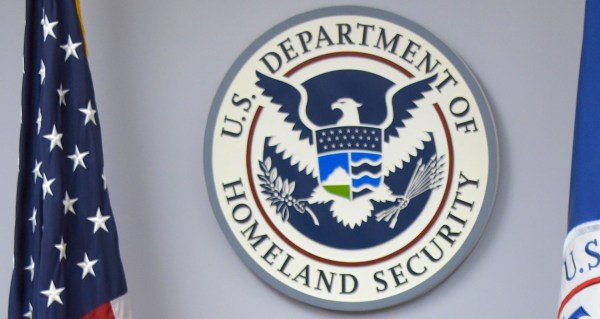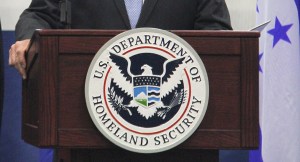Lawmakers fret over proposed budget cuts to some DHS cyber programs

During two days of hearings on Capitol Hill, lawmakers generally said they were pleased so far with Homeland Security Secretary John Kelly, but several from both parties expressed concern about the impact of budget cuts on some DHS cybersecurity programs — and Kelly indicated the cuts weren’t final.
Proposed cuts to the department’s Science and Technology Directorate and the planned closure of a cybercrime training college for state and local law enforcement and prosecutors were highlighted by Republican congressmen Wednesday, while Democratic Sen. Claire McCaskill of Missouri complained Tuesday about the proposed reduction of grant programs that helped fund port and airport security.
“Why have you cut the science and technology budget … by 20 percent?” asked Rep. John Rutherford, R-Fla., noting that the budget reductions would cause several of the department’s research laboratories and centers of scientific excellence to close.
Under President Trump’s proposed budget for fiscal 2018 which starts Oct. 1, DHS’s Science and Technology Directorate would be allocated $627 million, compared to the $771 million it actually got this year — a proposed cut of more than 18 percent. The bulk of that, nearly $100 million, would come off the top of the directorate’s R&D budget.
Responding to Rutherford, Kelly hedged. “This is obviously a work in progress, congressman,” he replied of the department’s budget. He said the object of the cuts was to eliminate redundancies.
“There are, we believe, other laboratories developing technologies that we can plug into whether they are government laboratories or frankly — many of the solutions as you know come from the commercial sector … so the idea is we would rely on other laboratories doing similar work,” he said.
Texan GOP Rep. John Ratcliffe asked Kelly whether he had had time to tour the National Computer Forensics Institute. Based in Hoover, Alabama, and run by the Secret Service, the NCFI has trained more than 6,000 state and local police officials, prosecutors and judges since opening in 2008. “I think it’s critically important to support our state and locals,” Ratcliffe said, touting a bill to authorize the institute that he introduced in March. HR 1616, the Strengthening State and Local Cyber Crime Fighting Act of 2017 passed the House last month by 408-3.
Ratcliffe did not mention in his questioning that the department’s fiscal 2018 budget request zeros-out finding for the center. “I don’t want to put you on the spot,” he told Kelly.
But with such a lopsided vote in the House and a companion bill in the Senate introduced by Judiciary Chairman Chuck Grassley of Iowa and Ranking Democrat Dianne Feinstein of California, a Ratcliffe aide said “We’re not really worried about the future” of the center — adding it would get funding as the budget moves through Congress.




